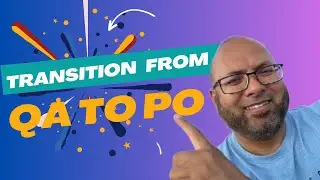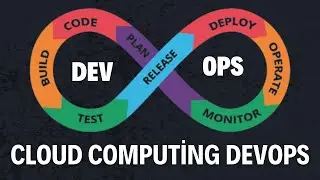Immigrate to Canada from the UK How To Do It & More : Canada immigration process from Pakistan
Immigrating to Canada: Challenges, Doubts, and Triumphs
Immigrating to Canada from the UK involves several steps depending on your goals, qualifications, and the type of visa or residency status you are pursuing. Here's a general overview of the main immigration options and the process:
1. Express Entry
Express Entry is the most common pathway for skilled workers to immigrate to Canada permanently. It's a points-based system that manages applications for three federal economic immigration programs:
Federal Skilled Worker Program (FSWP)
Federal Skilled Trades Program (FSTP)
Canadian Experience Class (CEC)
Steps to apply:
Create an Express Entry profile: You provide details about your education, work experience, language skills, etc.
Receive a Comprehensive Ranking System (CRS) score: Based on the information in your profile, you receive a CRS score.
Get an Invitation to Apply (ITA): Candidates with the highest scores are invited to apply for permanent residence.
Submit your permanent residence application: After receiving an ITA, you have 60 days to submit your complete application.
Key considerations:
Language proficiency: You'll need to prove your language skills in English (and possibly French) by taking the IELTS or CELPIP test.
Education assessment: If you're applying through the FSWP, you’ll need an Educational Credential Assessment (ECA) to show that your qualifications are equivalent to Canadian standards.
Work experience: You'll need at least one year of continuous full-time skilled work experience.
2. Provincial Nominee Programs (PNP)
Canada’s provinces and territories have their own immigration programs for candidates who meet specific local labor market needs.
Steps to apply:
Research different PNPs (each province has different eligibility criteria).
Apply for a nomination through the province or territory.
If you receive a nomination, you can add it to your Express Entry profile for additional points or apply directly to the province for permanent residency.
Key considerations:
Some PNPs require a job offer from a Canadian employer.
A provincial nomination gives you a significant boost in your CRS score (up to 600 additional points).
3. Family Sponsorship
If you have a spouse, common-law partner, or other family member who is a Canadian citizen or permanent resident, they may be able to sponsor you for permanent residence.
Steps to apply:
Your family member must prove they can support you financially.
Submit an application for sponsorship along with your application for permanent residency.
Key considerations:
You’ll need to demonstrate your genuine relationship with your sponsor.
The sponsor must meet income requirements to support you and any dependents.
4. Study Permits
If you’re looking to study in Canada, you can apply for a study permit, which may eventually lead to permanent residency after completing your studies through programs like the Post-Graduation Work Permit (PGWP).
Steps to apply:
Get accepted to a Designated Learning Institution (DLI) in Canada.
Apply for a study permit before you arrive.
After completing your studies, you may be eligible for a work permit and eventually permanent residency.
5. Work Permits
If you have a job offer from a Canadian employer, you may be able to apply for a work permit. There are two types:
Employer-specific work permits: Tied to one employer.
Open work permits: Not tied to any specific employer (e.g., through the International Experience Canada program or spouse of a skilled worker).
Key considerations:
Some work permits require a Labour Market Impact Assessment (LMIA), proving that no Canadian worker is available for the job.
Work experience gained in Canada can increase your chances of becoming a permanent resident.
6. International Experience Canada (IEC)
For UK citizens aged 18-30, the IEC program offers a Working Holiday Visa, allowing you to work and travel in Canada for up to two years.
Steps to apply:
Submit an IEC profile to enter the pool.
Receive an invitation to apply if selected.
Apply for the work permit.
Key considerations:
No job offer is required to apply for the Working Holiday Visa.
Limited spots are available each year, so it’s a competitive process.
General Considerations:
Proof of Funds: Some immigration programs require you to prove that you have enough money to support yourself in Canada.
Medical and Police Clearances: You may need to provide medical exams and police certificates from all countries you’ve lived in for six months or more.
Biometrics: Most applicants must give biometrics (fingerprints and photo) as part of their application.
If you're planning to immigrate to Canada, it’s important to stay up-to-date with the latest information from the official Canadian immigration website and consult a licensed immigration consultant or lawyer if needed.
🔹






![КАК НАУЧИТЬСЯ ИГРАТЬ НА ЛЮБОМ ГЕРОЕ ВСЕГО ЗА 1 ИГРУ ? [ДОТА 2]](https://images.mixrolikus.cc/video/7eCG-8AEj5M)
























